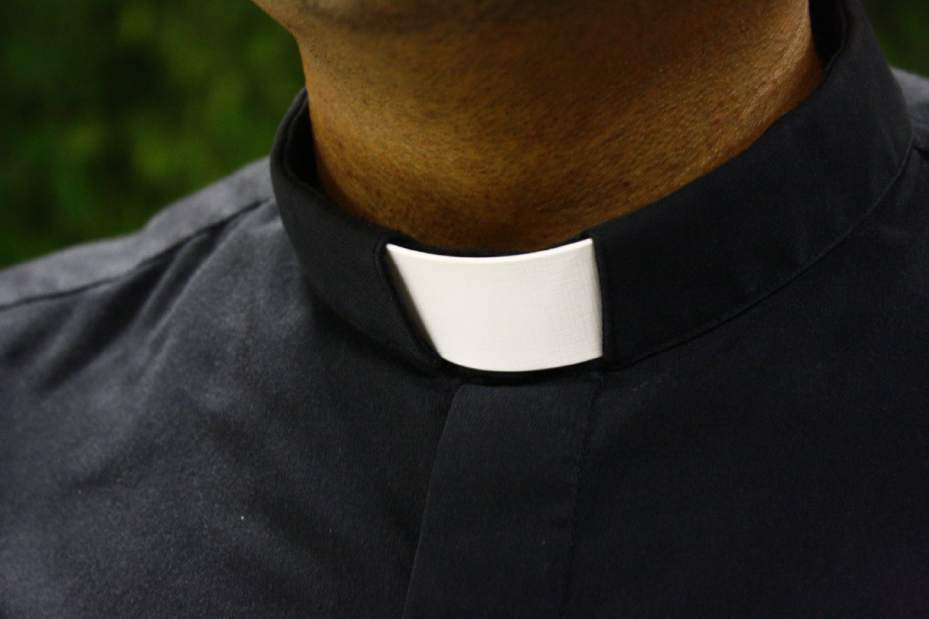Professor: Priest scandal is criminal; excommunication not a solution
Calls for excommunication of clergymen named in the statewide Catholic sexual abuse grand jury report would likely not have the desired effect and not solve church’s accountability problems, according to a religious studies expert.
Rather, excommunication has historically been used to reunite offenders with the Catholic community and bring them back to the faith. A 2013 piece in the Catholic Herald, a United Kingdom-based Catholic newspaper, described the process as a “shock tactic” generally used in an effort to “bring people back to God.”
“I don’t think that excommunication would really be an answer to anything,” said Paula Kane, chair of Catholic Studies in the University of Pittsburgh’s Religious Studies Department.
Excommunicating the named priests misses the point, Kane said. She called it a form of social ostracizing and an internal punishment.
“These are people guilty of criminal offenses,” she said. “This was criminal behavior.”
Excommunication can be lifted when the offender repents, she said. Any priest excommunicated could regain their standing in the church. Even those who are excommunicated can attend Mass, but they cannot receive the Holy Sacrament.
“Yes, they could say the prayers and say, ‘I was wrong,’ and be restored to their priestly duties, but what good would that serve?” Kane said.
The Catholic Herald piece, which aims to lay out the process and effects of excommunication, indicates that the priests named in the grand jury report might not fall under automatic excommunication, which is one of two types of excommunication laid out in the Code of Canon Law – the system of laws and principles in the church.
There are certain actions that incur automatic excommunication under canon law, according to the report:
• Apostasy, or the abandonment of the Catholic faith
• Heresy, or the doubt or denial of a Catholic belief
• Schism, or disregarding the authority within the church
• Desecration of the Blessed Sacrament
• Physically attacking the Pope
• A priest who absolves an accomplice in violating the Sixth Commandment (thou shall not commit adultery)
• Consecrating a bishop without papal permission
• Abortion
• Violating the seal of the confessional
The other, less common form of excommunication comes from a decree by a Catholic authority after a process or trial, according to the Catholic Herald.
Rather than excommunication, Kane pointed to the recommendations laid out in the grand jury report: eliminate the statute of limitations for child sexual abuse; prohibit non-disclosure agreements that hinder cooperation with law enforcement; clarify punishments for not reporting suspected child abuse; and create a two-year window during which sex abuse victims who previously could not file lawsuits can do so.
“I guess maybe the issue here is that many Catholics don’t appreciate that the church went astray when it assumed this was only an internal matter,” Kane said. “An internal solution to the problem is only treating part of the problem.”
Megan Guza is a Tribune-Review staff writer. You can contact Megan at 412-380-8519, mguza@tribweb.com or via Twitter @meganguzaTrib.

